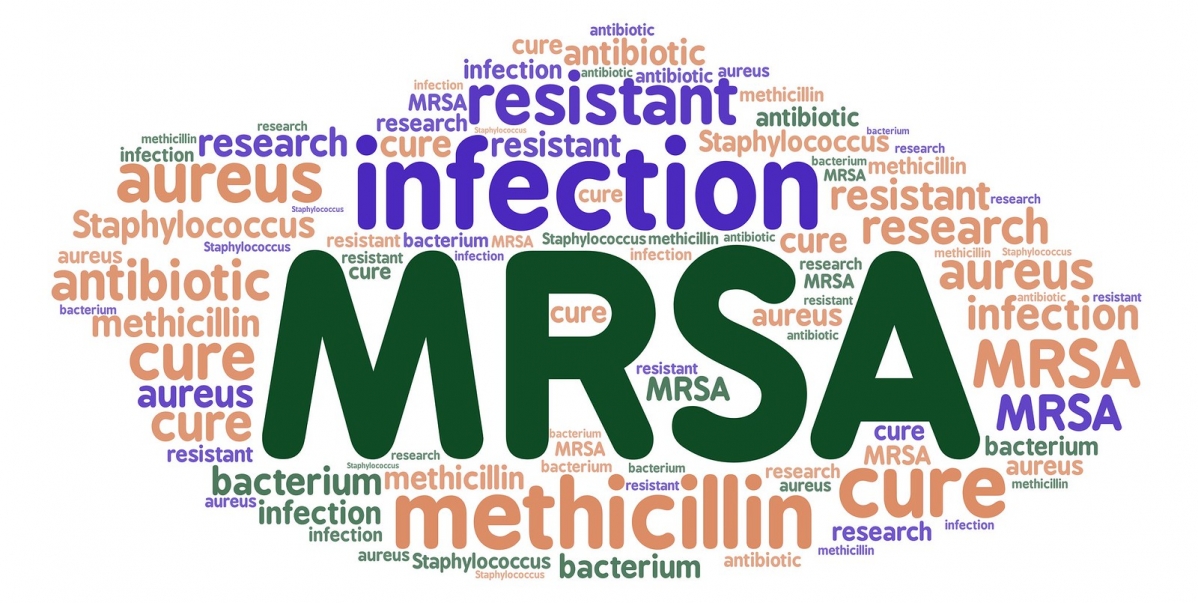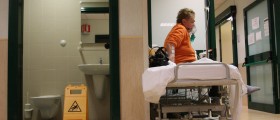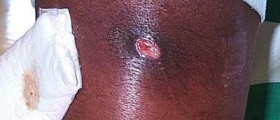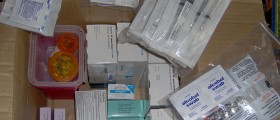Hospitals are meant to be places to get better, not to catch some deadly superbug that doesn't react to antibiotics. Unfortunately, a research team from Edinburgh University in the UK says, this is exactly what's happening. Large city hospitals breed MRSA, and then spread the superbug to other hospitals when patients are transferred.

The study team made this somewhat shocking discovery when they set out to track the movements of MRSA using its genetic code. The bug started off in large hospitals in London and Glasgow, and then made its way to smaller hospitals throughout the country. These findings can be used to prevent the spread of the deadly MRSA bug in the future for instance, by first screening for the bug and treating (where necessary), and only then transferring the patient to another hospital. How did the new discovery about the spread of MRSA come about?
Researchers looked at 80 strains of a major clone of the bacterium, found over the course of 53 years. Their genetic make-up was studied in detail. The clone is called EMRSA-16, and only appears in hospital settings. EMRSA-16 has been around for the last 35 years or so.Lead researcher Dr Ross Fitzgerald explained: "These hospitals in large cities seem to be acting like a hub. The high levels of patient traffic in large hospitals means they act as a hub for transmission between patients, who may then be transferred or treated in regional hospitals. This is the first time we have had genetic evidence for it. And if we can identify the transmission routes we can take steps to prevent spread."
MRSA cases have already gone down in recent years because of a greater awareness, but now, the development of the superbug is much better understood. Hopefully, this discovery will allow medical professionals to make big improvements in preventing the spread of MRSA, and treating it more easily.

















Your thoughts on this
Loading...